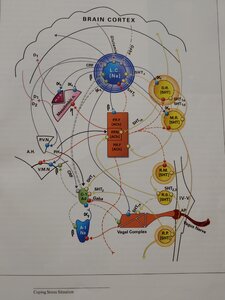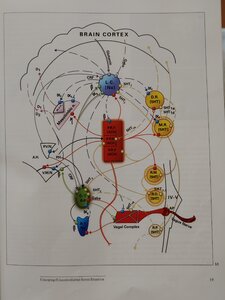I don't see how a 3rd party does that either.
But I'm also not sure FX-322 has "already proven to be extremely safe and also almost risk free."
It's shown that in a small number of people with severe hearing damage, it was safe, and safe enough to proceed to a larger Phase II trial. But there are drugs that progress from Phase I to II to III, each with progressively larger numbers of participants, that only show dangerous side effects in Phase III.
Just look at the recent AstraZeneca COVID-19 vaccine trial that seemed to cause a serious neurological reaction only once it progressed to tens of thousands of participants in Phase III. And still other drugs manifest side effects only after they've been released into the marketplace. I forget the name of it, for example, but there was a drug I read about in this forum that helped some people with tinnitus, was FDA approved, and taken off the market due to serious side effects that showed up only after it was in the market for a few years.
The sheer length of this thread is a testament to how hopeful we all are that FX-322 will help us, and how eager we all are to try it. I mean, hell yeah, sign me up! Given the suffering, I'm eager to take it as soon as I can if it continues to generate good results. But if I'm fortunate enough to get access to it as part of a compassionate use program before it's completed a Phase III trial, there's still unknown risk. I'm no less a guinea pig than any other guinea pig in the trial.

 Member
Member

